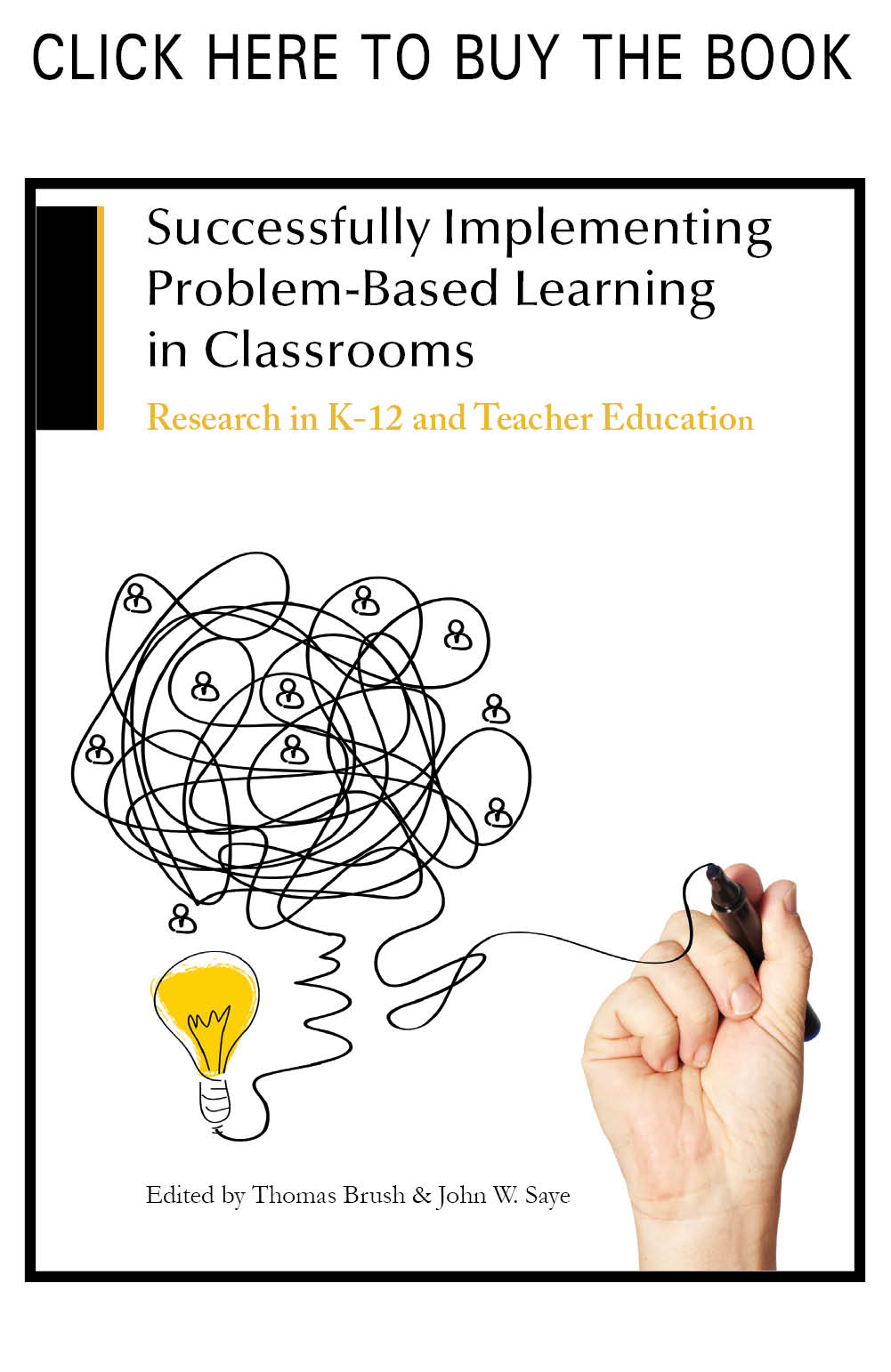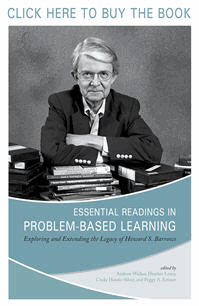Abstract
Practitioners in the field of pharmacy are often confronted with ill-structured problems. Specifically, pharmacists are tasked with making patient-specific recommendations that are both safe and effective, which requires combining knowledge from the biomedical, behavioral, and pharmaceutical sciences. Given the dynamic nature of pharmacy as a profession, the field has begun to explore learning strategies that go beyond mere content coverage to strategies that better support higher-order learning outcomes. One of these approaches is problem-based learning (PBL). While studies have focused on how to support PBL to improve learning outcomes, the role of assessment is often overlooked. Further exploration is thus needed since assessment plays a pivotal role in teaching and learning. This Voices paper will explore this idea within a larger context; we will also share the experience of how a subject matter expert (SME) worked with a team of instructional designers (IDs) to revise an existing course to more explicitly employ PBL and thus adopt an inquiry-based mindset needed for complex clinical decision making. Given the inherent challenges of assessment in PBL, further discussion will be focused on how to (a) design ill-structured problems, (b) align assessments to the PBL curriculum, and (c) how to hold students accountable in cases where a traditional grade is not attached.
Recommended Citation
Kelley, K. W.
,
Fowlin, J. M.
,
Tawfik, A. A.
,
&
Anderson, M. C.
(2019). The Role of Using Formative Assessments in Problem-based Learning: A Health Sciences Education Perspective. Interdisciplinary Journal of Problem-Based Learning, 13(2).
Available at: https://doi.org/10.7771/1541-5015.1814
Included in
Curriculum and Instruction Commons, Medical Education Commons, Other Pharmacy and Pharmaceutical Sciences Commons




